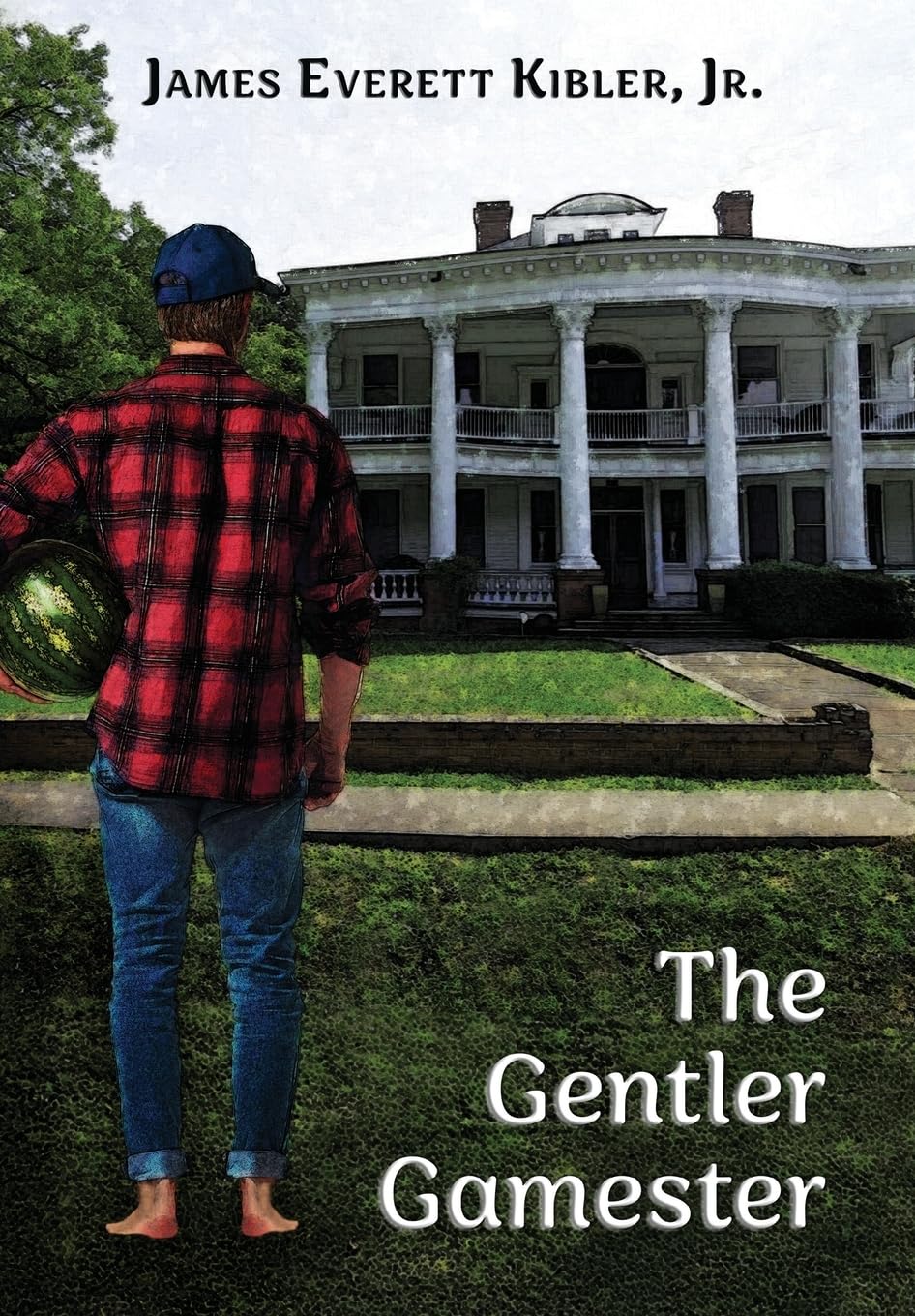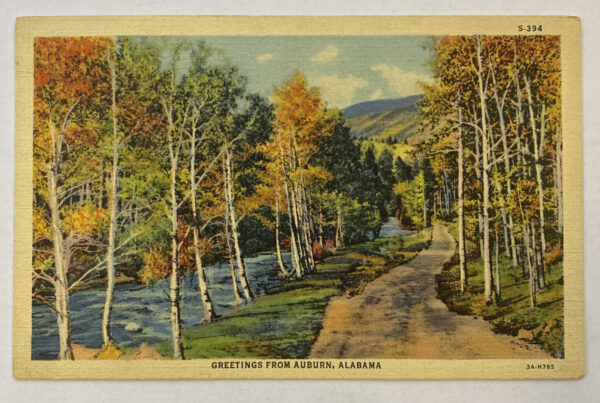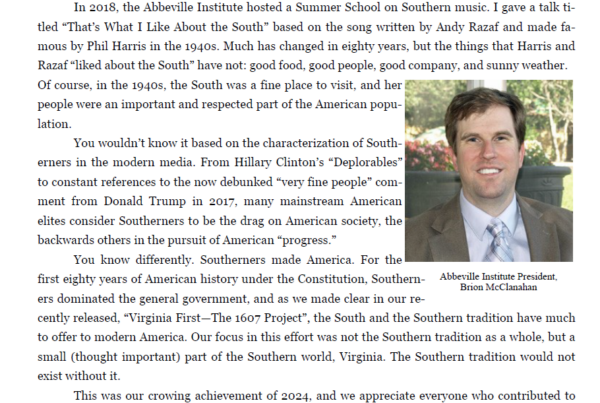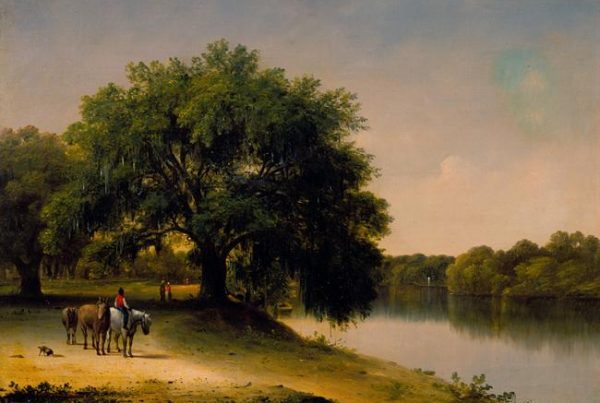A review of The Gentler Gamester (Green Altar Books, 2024) by James Everett Kibler
THE GENTLER GAMESTER holds a unique position in the literary corpus of Dr. James Everett Kibler, Jr. This is not simply due to the fact that the story is set in the Carolina Lowcountry and that it introduces his longtime readers to an entirely new cast of characters, but it is unique in the sense that it is, much like William Faulkner’s THE REIVERS, a courtesy book.
A bildungsroman of the first rate, this tale follows the vicissitudes of Charlie-T, the Kingstree native that the reader is afforded an opportunity to see at both the bottom and at the top. It is particularly in the way that Charlie-T, later referred to in his maturity as Charles, conducts himself when Lady Fortuna turns her bright countenance his way that this book proves itself to be instructive to, in the words of Donald Davidson, “all generations of the faithful heart”.
At one point in the novel, the adult Charles- enlisting the help of his former English teacher, Miss Eustacia- sets about building a home library that will serve to draw him into a fuller understanding of his cultural heritage. Here, as throughout the novel, literary references abound to the great works of the Western tradition. The assiduous reader will find that there are plenty of trails to go down in the tracking of myriad literary allusions- here we find echoes of Eliot, there the far-reaching mind of the Bard of Avon, and all along the way we encounter Palladio, Cormac McCarthy, Thomas Hardy, and a host of others. These allusions alone prove the book to be quite instructive; they serve wonderfully well as a veritable syllabus for the resurrection of a great culturenamely that of the American South, but also that of the West as a whole.
While this is indeed a major aspect of the effect of THE GENTLER GAMESTER, it should not be understood to be solely didactic. In seeing Charlie-T’s redemption and what eventually becomes of his life in Kingstree, we leave the book knowing first and foremost that we have been treated to a fine narrative by an expert of the craft.
One of the most endearing qualities of this latest work from the pen of Dr. Kibler is that, as is characteristic of his past work, it is utterly free of the cynicism that modern literature is supposed to have in order to be taken seriously by our enlightened literati. “Angels can fly because they can take themselves lightly”, writes G.K. Chesterton, and while serious at times, this is a jocund work interspersed with highly humorous episodes (just wait until you read about the escapades of Rodger and Loutrell!) and heartwarming scenes of fidelity to one’s place and people. Indeed, those who have become acquainted with Dr. Kibler’s fictional world through his Clay Bank County novels and his collection CHILD TO THE WATERS (Pelican Publishing, 2003) will recognize that the present work, like its predecessors, falls squarely into the risible tall tale tradition of Southern letters with a lineage leading back to the work of such writers as Johnson Jones Hooper and George Washington Harris. In the youthful Charlie-T the reader will find a kinship with Harris’ Sut Lovingood, and the unmistakable mark of Cormac McCarthy’s Gene Harrogate is salient throughout this latest manifestation of Southern literary brilliance.
THE GENTLER GAMESTER is not for the aloof Puritan or the muddled arbiters of “serious” literature- it is a thoughtful work bequeathed by its author to those members of younger generations who still hold tightly to the permanent things. Thematically, it contains powerful meditations on mutability, the passage of time, and how man’s relationship to his present community is inevitably informed by the legacy of the generations who have gone before. With its publication, Dr. Kibler further cements his place as a writer loyal to his literary and literal patria. Put it on the shelf between your Fred Chappell and Cormac McCarthy, but be sure to leave plenty of room for the ages of literature from which it springs.






